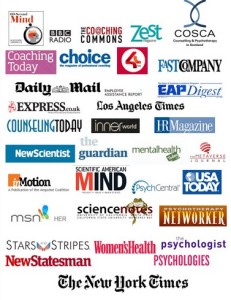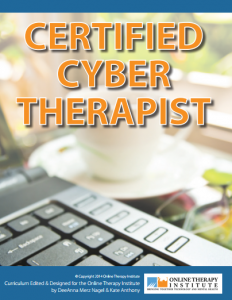“Mental Health and the Impact of Technological Development” (Anthony & Nagel, 2010) is a primary text for courses that teach distance counselling via technology and/or courses that teach about the enhancement of mental health services through the use of technology. This book may also be used as an adjunct text for courses that include an introduction to mental health services or offer an introduction to the delivery of counseling services. With ethical considerations offered throughout the text, adding the text to the list of required reading in any counseling, psychology or mental health ethics class is also extremely plausible. The text, co-authored by Kate Anthony and DeeAnna Merz Nagel, includes original contributions within key areas of mental health and technology. These areas include: the use of text-based technology for conducting a therapeutic relationship, the use of text-based technology for enhancing client peer support, the use of alternative technology for conducting a therapeutic relationship, the use of alternative technology for enhancing client peer support, the use of text-based technology to enrich counselor training and supervision, and the use of alternative technology to enrich counselor training and supervision.
The introduction to the text, written by the co-editors, provides the framework for the readings, illustrating the technological impact to the practicing clinician and the field of mental health as a whole. This book will make a unique contribution to the field as no other text delineates the use of technology in mental health for both clinicians and consumers, while underscoring ethical considerations for each application.
Technologies included are:
Email
Chat
Mobile/Cell phone SMS
Social Networking
Forums
Websites
Wikis
Blogs and blogging
Telephone
Videoconferencing
Virtual Reality environments
Virtual Reality Immersion
CCBT
Therapeutic Gaming
The role of film in therapy
Web-based assessment
Behavioural Telehealth
Podcasting
Self-help assessment
Text based Continuing Education
Research methods using Technology
Continuing Education utilising an experiential approach
Online Therapy Institute


